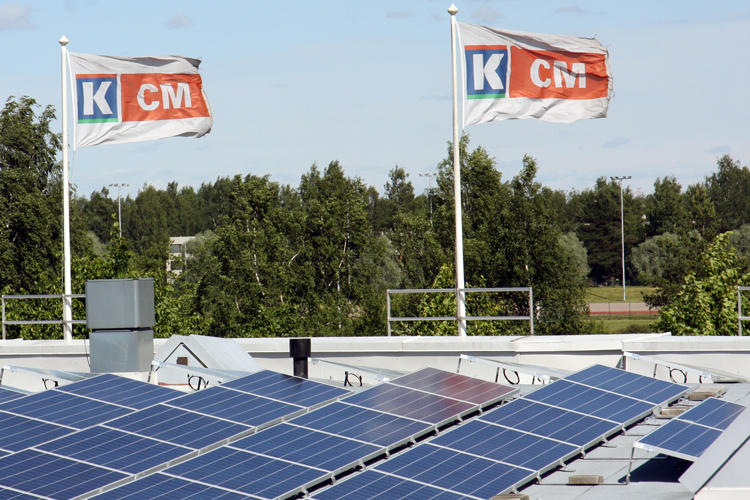

Viewpoints
Viewpoints is a blog in which different writers express their views and opinions on current topics. A new blog post is published about once every four weeks.
You can propose texts by e-mail to viestinta@kesko.fi. The maximum text length is 2,000 characters.
Arttur Kulvik: It is worth taking responsibility
Responsibility and energy efficiency have become buzz-words in the media and among decision-makers and companies. Consumers are business customers have begun to demand that product manufacturers and retailers behave responsibly. Companies have concluded energy-efficiency agreements committing themselves to targets that require operational development and considerable investment. But what does all this mean in practice? What has changed?

There is a very simple answer to this: corporate responsibility has become a profitable business that benefits all parties. Energy efficiency, emissions reductions and financial profitability go hand in hand. Technological developments have allowed the profitability of the required investments to reach a level that satisfies capital investors. Financial profitability has accelerated the realisation of investments while increasing the scale of projects.
Pioneers like Kesko have realised that the investments required to reach targets actually offer good returns. The experiences gained from these investments have been positive, encouraging large-scale deployment of the solutions. A good example of this is K-Group's investment in solar power plants at K-Citymarket and K-Supermarket food stores.
By summer, K-Group will have commissioned the construction of 16 solar power plants with a total power output of 4.3 MWp. The power plants generate 3.6 GWh of electricity annually, which corresponds to the energy consumption of 180 detached homes with electric heating. The constructed power plants include Finland's largest 900 kWp solar power stations on the roofs of K-Citymarket Länsikeskus and K-Citymarket Kupittaa. The solar power plants will generate electricity affordably for the property's own consumption for more than 30 years.
In one year, Kesko has become Finland's largest generator and user of solar energy, setting an example for other companies. Solar power plant projects are just one example of Kesko's investments in responsible business. Indeed, Kesko is one of the most sustainable trading sector companies in the world. Corporate responsibility has become a source of competitive advantage, and the measures required to realise it are financially profitable investments.
Corporate responsibility is no longer just a trend; it has become a permanent operating model.
Arttur Kulvik
Chair of the Board of Directors
Solnet Green Energy Oy
www.solnet.fi